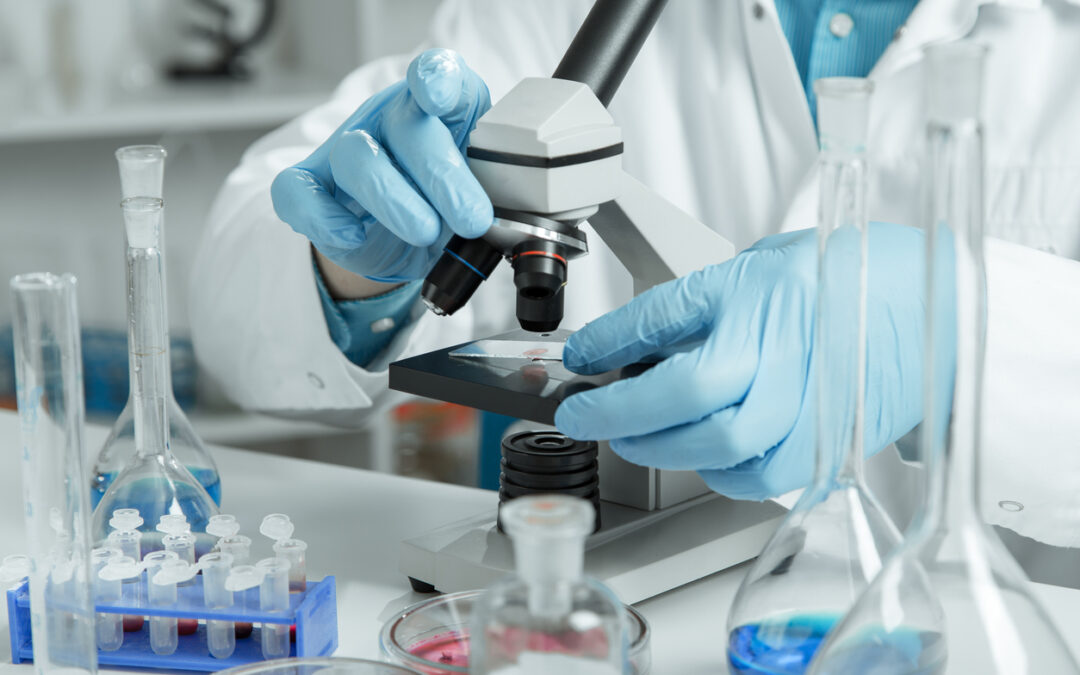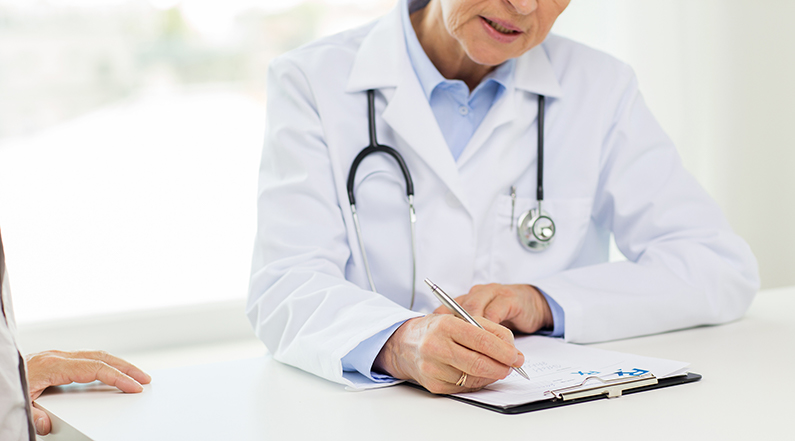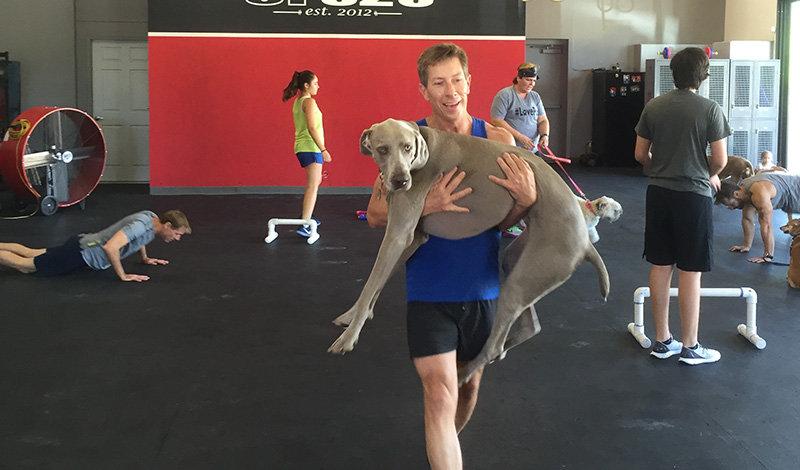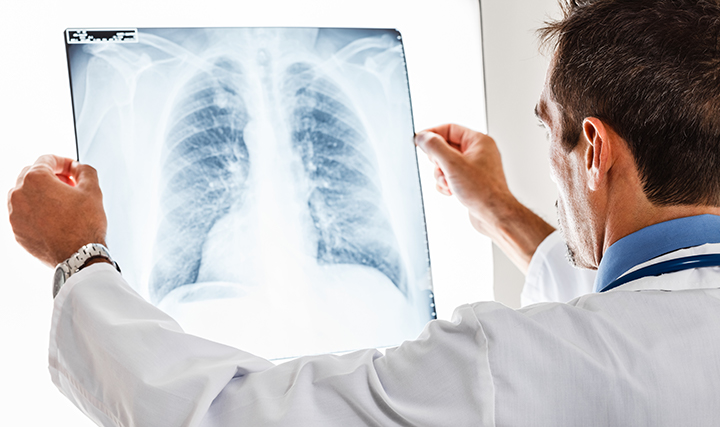Blog

Don’t Fry Day: Protecting Your Skin from Skin Cancer
The National Council on Skin Cancer Prevention has designated the Friday before Memorial Day as “Don’t Fry Day”–a day to encourage awareness of sun safety in hopes of reducing the rates of skin cancer caused by overexposure to ultraviolet (UV) rays. With a little planning, you can enjoy the summer sun and protect your skin–not just on this day, but every day. The Importance of Sun Safety Sunshine is enjoyable–but too much exposure to the sun can be dangerous. Overexposure to UV rays can result in more than a painful sunburn. It can also lead to more serious health problems, including...

3 New Developments to Watch in Prostate Cancer Research
Prostate cancer research has been an ongoing process of looking into causes, prevention, detection, and treatment of prostate cancer. But with hundreds upon hundreds of published studies out there, how can patients keep up with what’s new? Here are 3 new developments to watch in prostate cancer treatment: 1. Genetic & Genomic Testing Related to Prostate Cancer Genes can play a role in both the development and behavior of prostate cancer. Two types of tests that can be helpful in acquiring information are genetic testing and genomic testing. While they sound similar, they...

Saying ‘I Do’ Could Reduce Your Risk of Dying from Melanoma
It turns out there’s another bonus to marriage: early skin cancer detection and management. According to a recent study published in JAMA Dermatology, melanomas are more likely to be detected early in married people than people who are single, divorced or widowed. How can being married help reduce my risks? Data suggests that spouses or partners may help identify melanoma that may have otherwise gone unnoticed. The analysis, which included 52,063 people of various marital statuses, found that skin lesions were detected sooner among married people than they were among those who were...

Dispelling a Cancer Myth
Throughout my practice as a radiation oncologist, I have noticed a recurring question that patients ask; “If the surgeon sticks a needle into the tumor or if they expose the tumor to air, will the tumor spread?” The answer to the question is that realistically, the possibility is very low. In 2015, the Mayo Clinic analyzed 250 patients that had biopsies and found no risk of tumors spreading associated with the procedure. They went further and analyzed 2,000 Medicare patients with pancreatic cancer and found no significant difference in cancer spread between those that had a biopsy...

The Importance of Exercise – Before, During and After Cancer Treatments
Did you know that exercise is one of the most important actions you can take during your cancer treatment? It’s true! New research has shown that exercise before, during, and after cancer treatments can: Help alleviate side effects of cancer treatment, such as fatigue, pain, and bone and muscle loss Fuel your appetite Improve your quality of life by reducing stress, anxiety, and depression Reduce the risk of cancer recurrence Help sustain your heart health Maintain or improve your physical abilities Boost your self-image and confidence Help control your weight This doesn’t mean cancer...

Breast Cancer Misconceptions
Chances are you or someone you know has a close relative or friend that has been impacted by breast cancer and they may even be receiving breast cancer treatment at our facility in Phoenix. Busting these common myths about breast cancer can help you be informed about what's real when it comes to this disease. Breast Cancer Myth 1: Breast cancer only occurs in women. Though it is true more women are affected by breast cancer, it still can and does occur in men. According to the National Breast Cancer Foundation, over 2,000 men are diagnosed annually with breast cancer. It is...

What I Learned from My First Colonoscopy
(Note: The recommended age to begin colon cancer screening for those at normal risk as been changed to 45.) I recently turned 50 which meant it was time for my first colonoscopy. Colon cancer is the third leading cause of cancer deaths and generally when caught early, has a good cancer prognosis. Yet, 30% of adults age 50 and older have not had a colonoscopy to screen for colon cancer! However, getting your first colonoscopy doesn’t have to be scary, and you can prep to make the procedure go as smoothly as possible. Here’s what I learned from my first colonoscopy: Know the colon...

People are Good for Dogs and Dogs are Good for People
I was enjoying my very busy life as a radiation oncologist, in a relationship, running, going to CrossFit daily, and taking care of three dogs, when my world changed with a simple blood test. At 3:30 in the afternoon on July 9th, I saw my last new patient of 2013, and was admitted to the hospital at 8 am the next day. I was diagnosed with acute lymphoblastic leukemia with multiple critical issues. I was not permitted to leave the hospital for 23 days. It took a village to come to my aid, providing care for my menagerie of pets,...

Advances in Lung Cancer Treatment
According to the American Cancer Society, lung cancer is the leading cause of cancer death in the United States , with about 222,500 new cases and 155,870 deaths each year. Fortunately, lung cancer deaths have begun to decline, due to a decrease in smoking. The field of cancer care has also advanced faster than most fields in medicine, and major progress has been made in lung cancer treatments, including surgery (delivered by thoracic surgeons), radiation treatments for lung cancer (delivered by radiation oncologists) and systemic therapies (delivered by medical oncologists)....

Summer Sun Safety – What It’s About and Why
Summer sun safety means you should focus on safe, outdoor fun while you protect your skin from damage, including dry and itchy skin, sunburns and skin cancer. Phoenix, Arizona typically receives 360 hours of sunshine in September, so you have plenty of opportunities to be outside. With a little planning, you can enjoy the summer sun and protect your skin at the same time. Why is Sun Safety Important? You might not think about it, but your skin is the body’s largest organ. It’s exposed to conditions that other organs are not because it’s on the outside instead of the inside of your...


